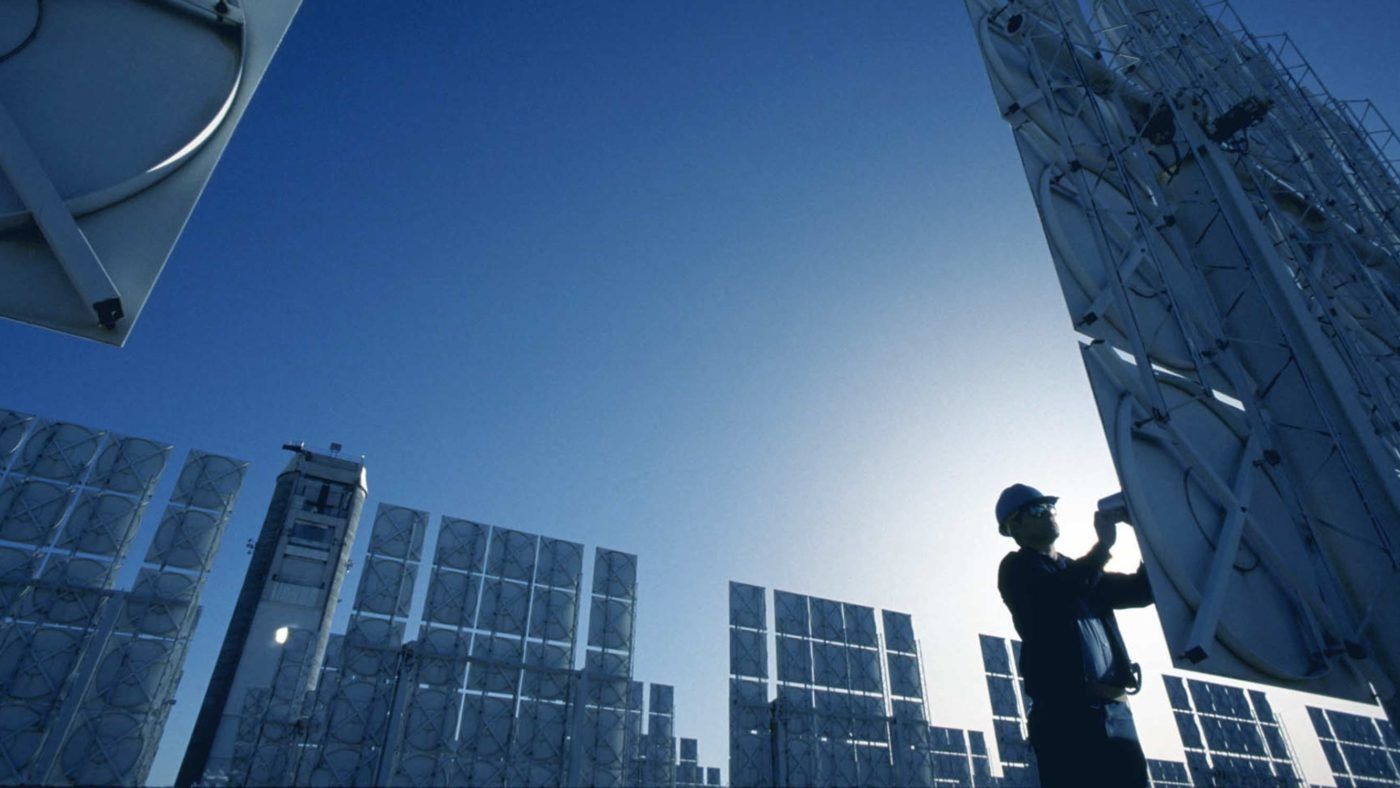Of all the things one would expect to unite US Republicans and the Chinese Communist Party, a shared, pro-market approach to addressing climate change might be low down the list.
But this year will see the Chinese Communist Party embracing the power of the market by opening the largest emissions trading scheme in the world. It will be used by Beijing to accelerate the decarbonisation of its economy – and although China has promised to curb its emissions by 2030, it appears to already be ahead of schedule.
The architects of the Chinese carbon market took their inspiration from the United States, which used market economics to curb the damage caused by acid rain in the 1990s. The Chinese were impressed by the effectiveness of the Acid Rain Program, an emissions trading scheme set up by the US Environmental Protection Agency to reduce levels of sulphur dioxide and nitrogen oxide.
Then, last week, prominent Republican heavyweights met with White House officials last week to propose a revenue-neutral carbon tax. It’s an elegant, market-based solution that would see carbon emissions priced at $40 a tonne; the income paid by fossil fuel companies would be returned to US citizens in the form of a quarterly dividend to cover higher gas and electricity prices. A family of four could get up to $2,000 and most lower-income and middle-class families would be net beneficiaries.
To avoid putting US industry at a disadvantage compared to its competitors, imports from countries that do not impose a similar scheme would be taxed per tonne on the carbon emitted in their production – while exports to such countries would be exempt.
The Republicans making the case are not your usual environmentalists. They include James Baker, former chief of staff to Ronald Reagan and George H W Bush, as well as George Shultz and Hank Paulson, Treasury Secretaries to Reagan and George W Bush respectively. The Climate Leadership Council, as their new group is called, also includes Rob Walton, former chairman of the world’s largest retailer.
Donald Trump is, of course, famously sceptical about the existence of climate change.
The concept of global warming was created by and for the Chinese in order to make U.S. manufacturing non-competitive.
— Donald J. Trump (@realDonaldTrump) November 6, 2012
But his new Secretary of State, the former ExxonMobil boss Rex Tillerson, did call for a carbon tax in a speech in London five months ago.
It certainly feels like the market winds are blowing towards change. The unsubsidised cost of solar energy has fallen by 85 per cent in seven years. In many places, it is now cheaper than coal – and is set to be cheaper almost everywhere within a within a decade. Average purchase prices of wind energy have fallen to a mere 2.35 cents per kilowatt hour in the US.
As Jeremy Warner of the Telegraph wrote last week, although it may have been politically advantageous for Trump to court the coal miners of Pennsylvania and West Virginia, “in terms of hard-headed economics, no amount of environmental deregulation can turn back the clock and save these industries”.
He adds: “Green technologies are reaching a tipping point of take-up, cost and efficiency that make their wholesale adoption virtually inevitable regardless of anything that might be done to reinvigorate fossil fuel industries.”
There are already more jobs in US solar than in generating electricity through coal, oil and gas combined. And that’s before you include wind power, which is a big employer in low-income and rural communities, and other sectors such as energy efficiency and home insulation.
Renewables are also creating new jobs 12 times faster than the rest of the economy. If Texas was a country, it would be the sixth biggest producer of wind power in the world. There is now more wind and solar energy produced in Republican districts than in Democrat ones.
According to a Yale study after the election, 78 per cent of registered US voters support taxing emissions, regulating them or doing both. If the new administration looks favourably upon it, the new Republican proposal would do that in a way that goes with the grain of the market, rather than acting to limit it.


